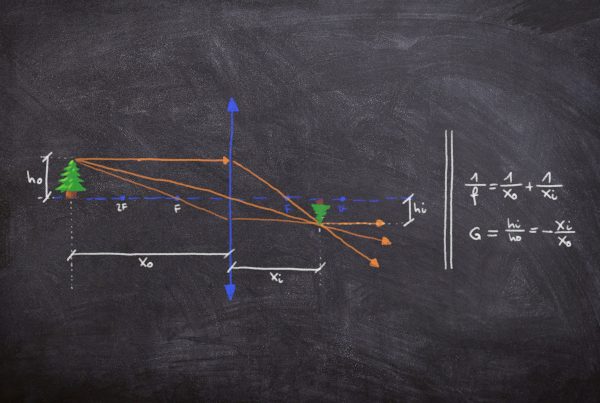Essays of assertion, affirmation, and refutation are all examples of the argumentative paper. An effective argument relies on factually true premises or premises for which you have strong support.
Any argument worth making in a philosophy class will not be simple in the sense of A is true because B is true. It will consist of intermediate arguments clearly linked together and ultimately supporting your principal point. The philosophical argument is an intellectual journey, and the effective writer of such an argument provides directional signposts to guide the reader through the argument to its conclusion. The most effective argumentative essays end with the author in effect telling readers that they have reached their destination and expanding on the significance of their arrival.
Most arguments share this characteristic: they are intended to win an argument. Arguments have a variety of stakes. They may aspire to sell a product, promote a political candidate, promote a governmental policy, promote an intellectual or moral or political point of view, persuade a jury to acquit or convict a defendant, and so on. A minority of arguments, especially in a philosophical context, are not about winning. Instead, they pit against one another points of view on a question or problem for the purpose of discovering the truth about something of importance.
Philosophical arguments do not rely on shouted threats and curses. Their authors try hard to avoid these kinds of things, along with other tactics often used in arguments outside of the philosophy class, including appeals to received wisdom, tradition, arbitrary authority, and popularity. They avoid attacking an opponent’s personality or character. They do not attempt such tricks as equivocation.
A philosophical argument is not a shouting match between child and parent, customer and store owner, husband and wife. A philosophical argument describes a sequence of statements, which include at least one premise, a conclusion, and logical links between the premise or premises and the conclusion. In philosophy, “argument” describes a mode of expression intended to reach the truth in a dispute.
As we have seen, a premise is a statement offered as evidence for a conclusion. The premise is sometimes assumed to be true, at least in the context of the argument. Often, however, each premise must be supported by observed fact or a fact derived from researching reliable sources.
Getting from premise(s) to conclusion requires the proper use of the connective words English offers. Among these are and, or, and if… then as well as the phrase, it’s not the case that, which negates a statement or a group of statements connected by the other connective words.
And joins two or more statements. Or joins two or more statements with the logical meaning of “at least one.” If … then, when used in a conditional statement, connects two statements. The statement that comes after If but before then is called the antecedent, and the statement that comes after then is the consequent. The use of if … then is not restricted to simple sentences. Compound sentences that are formed by if … then are called conditionals. These are often the premises of arguments.
If … then also functions as the connective in any argument that connects the premise(s) to the conclusion. Indeed, you could express any logical argument in a single long conditional sentence in which the conjunction of all the premises is the antecedent, and the conclusion is the consequent. The resulting sentence would likely be extremely difficult to follow, but it would still be logical.
As for the conclusion, it is a statement that results from the premise(s). The linking words and phrases that signal the approach of a conclusion include: therefore, if … then, hence, I conclude that, consequently, so, it follows that, it is true that, and it is the case that. Some of these lend themselves to modification. For instance, if the conclusion is less than certain, the appropriate link to that conclusion might be it is probably the case that or it is likely true that. Philosophical argument recognizes probability and the absence of certainty. A conclusion need not be absolute. Indeed, few are.




































